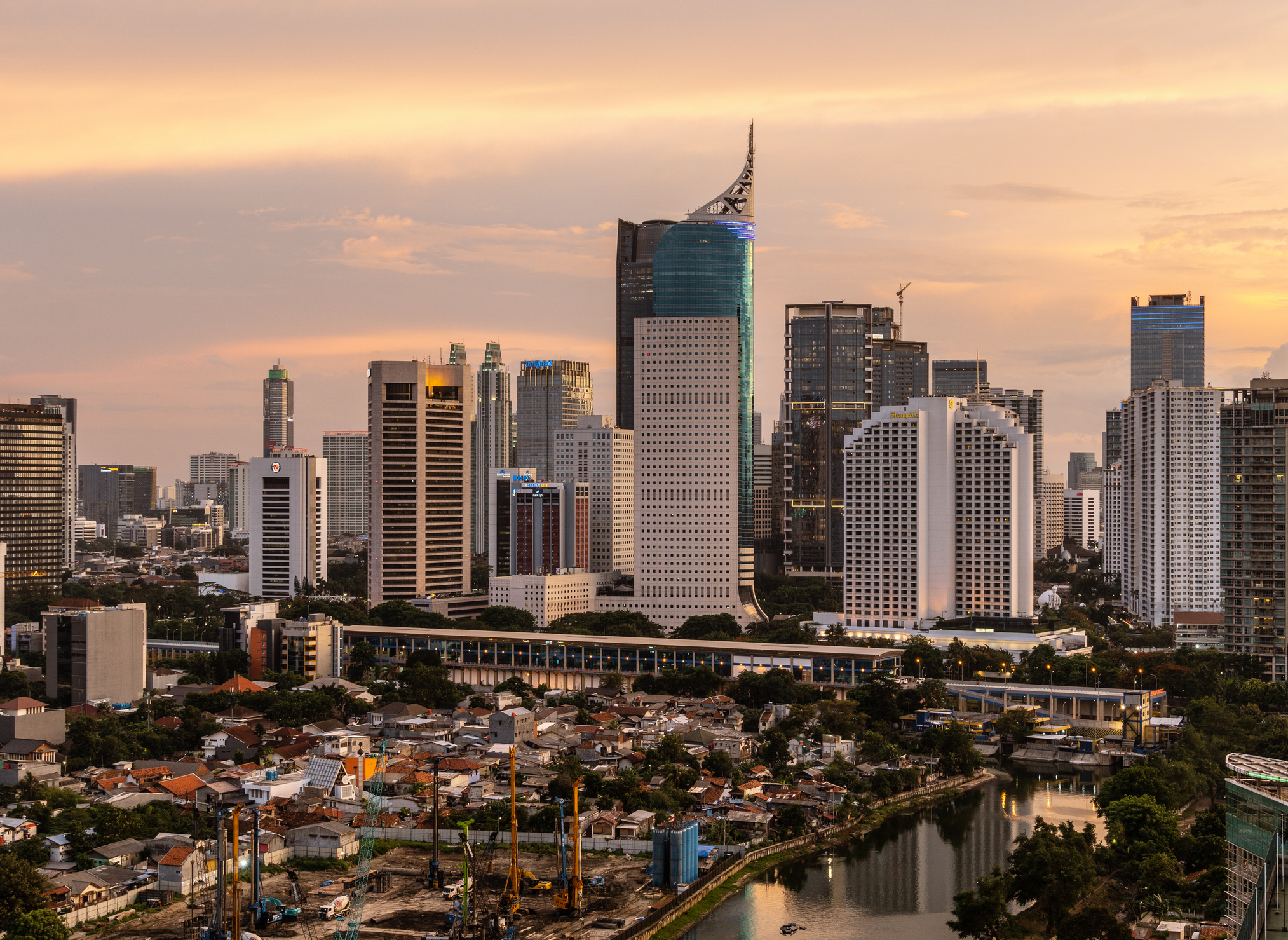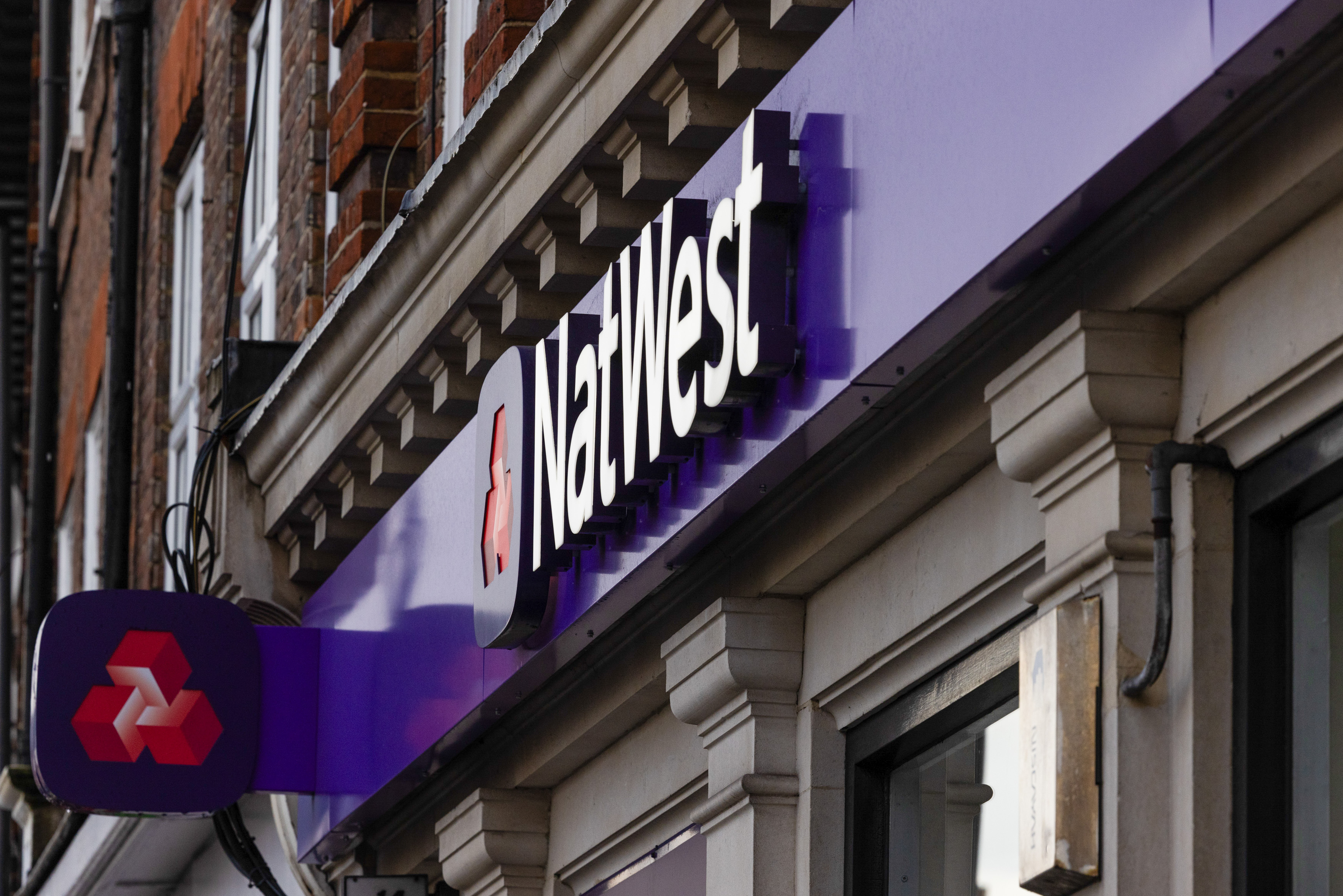What is an emerging market, and should you invest in them?
Emerging markets can be a great way to add diversification to your investment portfolio, but what is an emerging market, and is now a good time to buy into them?


Get the latest financial news, insights and expert analysis from our award-winning MoneyWeek team, to help you understand what really matters when it comes to your finances.
You are now subscribed
Your newsletter sign-up was successful
Want to add more newsletters?

Twice daily
MoneyWeek
Get the latest financial news, insights and expert analysis from our award-winning MoneyWeek team, to help you understand what really matters when it comes to your finances.

Four times a week
Look After My Bills
Sign up to our free money-saving newsletter, filled with the latest news and expert advice to help you find the best tips and deals for managing your bills. Start saving today!
Most investors with some experience will have heard about the opportunities available in emerging markets.
But the phrase can be vague and unclear, especially for beginner investors. So, what do we mean by ‘emerging markets’?
Confusingly, there isn’t any single definition of an emerging market, but the phrase generally refers to economies that are transitioning from being relatively undeveloped towards being a fully-fledged post-industrial economy with high standards of living.
MoneyWeek
Subscribe to MoneyWeek today and get your first six magazine issues absolutely FREE

Sign up to Money Morning
Don't miss the latest investment and personal finances news, market analysis, plus money-saving tips with our free twice-daily newsletter
Don't miss the latest investment and personal finances news, market analysis, plus money-saving tips with our free twice-daily newsletter
We take a closer look at what countries form emerging markets and how you can invest in them.
Which countries are emerging markets?
The closest thing to a universal definition of an emerging market is probably the International Monetary Fund’s ‘emerging market and middle-income’ classification, which applies to 40 countries. Some of the largest and most significant economies on this list are Brazil, Russia, India, China and South Africa, which collectively make up the ‘BRICS’ nations.
But for investors, a more relevant categorisation is MSCI, which divides national economies into five categories: developed, emerging, frontier, advanced frontier, and standalone markets. MSCI counts the following as emerging market economies:
Americas | EMEA | APAC |
|---|---|---|
Brazil | Czechia | China |
Chile | Egypt | India |
Columbia | Greece | Indonesia |
Mexico | Hungary | South Korea |
Peru | Kuwait | Malaysia |
| Row 5 - Cell 0 | Poland | Philippines |
| Row 6 - Cell 0 | Qatar | Taiwan |
| Row 7 - Cell 0 | Saudi Arabia | Thailand |
| Row 8 - Cell 0 | South Africa | Row 8 - Cell 2 |
| Row 9 - Cell 0 | Turkey | Row 9 - Cell 2 |
| Row 10 - Cell 0 | UAE | Row 10 - Cell 2 |
What are the characteristics of emerging markets?
While every emerging market is different (just as every country is different), the economic trajectory of emerging markets tends to lead to some general themes that are of interest to investors.
One of these is relatively fast economic growth rates. These countries tend to be increasing their standard of living, often from a fairly low starting point, and that gives high growth rates in terms of year-on-year percentages.
That often goes hand-in-hand with improving financial infrastructure. India, for example, has gone from a predominantly cash-based economy to the world’s largest digital payments market in less than a decade, thanks largely to investment in the unified payments interface (UPI) technology that underpins the country’s payments network.
Emerging markets also tend to have younger populations relative to developed economies, and often have rapidly improving standards of education.
That sounds like an investor’s dream: multi-faceted growth dynamics that will play out over the next decade or two.
It’s not quite that simple: emerging markets are not a straightforward investment, and there are several considerations investors need to be aware of before diving in.
“The number one challenge now really is geopolitics,” says Chetan Sehgal, portfolio manager of Templeton Emerging Markets Investment Trust (LON:TEM). He highlights the downturn that happened in emerging market investments, particularly in Russia, when the country invaded Ukraine in 2022.
Fluctuations in foreign exchange rates can hit emerging market economies hard, though the current trend towards de-dollarisation is playing in their favour.
Some emerging markets also have risks associated with corporate governance.
China, for example, is a market many seasoned investors approach with caution, despite being the world’s second-largest economy. “We are underweight China, because corporate governance in China is still not where it should be,” says Sehgal.
Should you invest in emerging markets?
With all of these factors considered, is now a good time to invest in emerging markets?
This depends on the emerging market in question. As above, all are distinct and offer different risks and opportunities. But the events of 2025 so far certainly amplify some of these opportunities, though at the cost of increased risks.
“A notable shift in 2025 has been the changing global perception of the US dollar,” says Wim Vandenhoeck, senior portfolio manager and co-head of Emerging Markets Debt, Invesco.
Donald Trump’s trade tariffs have disrupted the global status quo, and while some emerging markets have been slapped with heavy tariffs on exports to the US, the net effect has been to reduce appetite for US assets, and by extension the dollar, creating opportunities in other parts of the world.
Combined with the fact that many emerging markets have been overlooked during the age of US exceptionalism, this creates an attractive pricing dynamic.
“Emerging market assets have been largely ignored over the last decade, as US equities and the US dollar have outperformed, leading to cheap emerging market valuations,” said Vandenhoeck.
How to invest in emerging markets
If you are considering emerging markets, there are several ways you can add exposure to your portfolio.
You could choose a low-cost index fund that passively tracks an index. For example:
- iShares MSCI Emerging Markets ETF (LON:0JHF) which tracks the MSCI Emerging Markets Index,
- Vanguard FTSE Emerging Markets ETF (LON:0LMP) which tracks the FTSE Emerging Markets All Cap China A Inclusion Index.
For a more active approach, investors could select an emerging markets-focused investment trust.
One option is Templeton Emerging Markets Investment Trust. This trust seeks out resilient businesses in emerging markets in order to buy, in Sehgal’s words, “sustainable earning power at a discount”. It is a long-only fund.
Fidelity Emerging Markets Limited (LON:FEML) is an alternative option, and can invest up to 30% of its portfolio in short positions, typically when a business operates in a sector that is experiencing a structural decline and there is some sort of governance issue surrounding the company.
“We have a long list of red flags that we look for,” says Chris Tennant, portfolio manager at FEML. “If it’s got those two things, and it’s also an expensive company, that’s a big short position.”
Get the latest financial news, insights and expert analysis from our award-winning MoneyWeek team, to help you understand what really matters when it comes to your finances.

Dan is a financial journalist who, prior to joining MoneyWeek, spent five years writing for OPTO, an investment magazine focused on growth and technology stocks, ETFs and thematic investing.
Before becoming a writer, Dan spent six years working in talent acquisition in the tech sector, including for credit scoring start-up ClearScore where he first developed an interest in personal finance.
Dan studied Social Anthropology and Management at Sidney Sussex College and the Judge Business School, Cambridge University. Outside finance, he also enjoys travel writing, and has edited two published travel books.
-
 BBC TV licence fee hike confirmed: can you reduce how much you pay?
BBC TV licence fee hike confirmed: can you reduce how much you pay?The cost of a TV licence fee is set to rise by over 3%, but there are ways to reduce the bill.
-
 NatWest to close 32 more bank branches – see the full list
NatWest to close 32 more bank branches – see the full listNatWest is closing 32 branches in 2026 and 2027. Will your local area be affected?
-
 Profit from MSCI – the backbone of finance
Profit from MSCI – the backbone of financeAs an index provider, MSCI is a key part of the global financial system. Its shares look cheap
-
 What's behind the big shift in Japanese government bonds?
What's behind the big shift in Japanese government bonds?Rising long-term Japanese government bond yields point to growing nervousness about the future – and not just inflation
-
 Ashoka: A new, but reliable, trust you can count on
Ashoka: A new, but reliable, trust you can count onOur investment columnist, Max King, says tough times breed investment trusts like Ashoka, that you can trust.
-
 Halifax: House price slump continues as prices slide for the sixth consecutive month
Halifax: House price slump continues as prices slide for the sixth consecutive monthUK house prices fell again in September as buyers returned, but the slowdown was not as fast as anticipated, latest Halifax data shows. Where are house prices falling the most?
-
 Rents hit a record high - but is the opportunity for buy-to-let investors still strong?
Rents hit a record high - but is the opportunity for buy-to-let investors still strong?UK rent prices have hit a record high with the average hitting over £1,200 a month says Rightmove. Are there still opportunities in buy-to-let?
-
 Pension savers turn to gold investments
Pension savers turn to gold investmentsInvestors are racing to buy gold to protect their pensions from a stock market correction and high inflation, experts say
-
 Where to find the best returns from student accommodation
Where to find the best returns from student accommodationStudent accommodation can be a lucrative investment if you know where to look.
-
 The world’s best bargain stocks
The world’s best bargain stocksSearching for bargain stocks with Alec Cutler of the Orbis Global Balanced Fund, who tells Andrew Van Sickle which sectors are being overlooked.